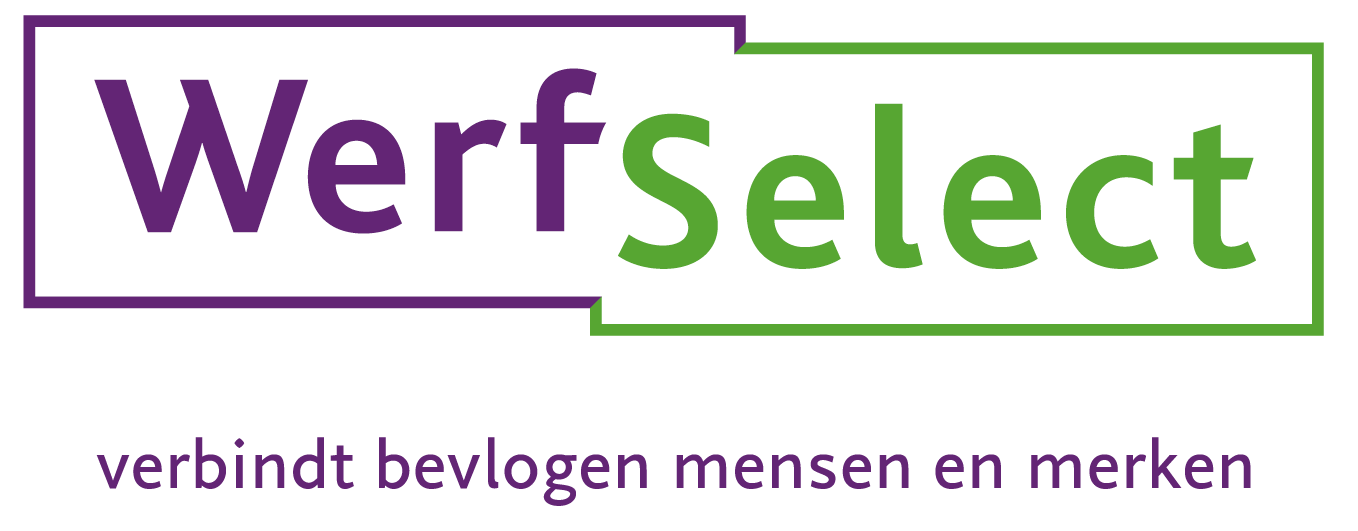The DBA Act, or the Deregulation of Assessment of Employment Relationships Act, was created to create more clarity about the employment relationship between clients and the self-employed. The goal is to prevent false self-employment, but its introduction has led to much uncertainty. What exactly does this law mean and how does it affect your work as a self-employed person or client?
What is the DBA Act and how does it work?
The DBA Act was created to make the line between freelancer and permanent employee clearer. This law replaces the old VAR declaration and places the responsibility on both client and self-employed person to prove a real working relationship. The Inland Revenue can impose fines and surcharges if it turns out that there is false self-employment.
Despite its good intentions, the DBA Act has led to much uncertainty. Both clients and zzp’ers experience the model agreements that should provide more clarity as complex and unclear. Therefore, an enforcement moratorium has been put in place, meaning that the Tax and Customs Administration does not actively enforce the law except in cases of intentional ill will. As of 2025, however, this moratorium will be lifted.
Are there exceptions for certain sectors?
Some sectors have different regulations with regard to the DBA Act. For example, the creative sector often involves short-term projects where the traditional employment relationship does not apply. These sectors can sometimes use specific arrangements to minimize the impact of the DBA Act.
There are also case studies of sectors such as IT and healthcare, where freelance work is common and where specific model agreements have been developed to meet the requirements of the DBA Act. It is important for clients in these sectors to be well aware of the exceptions and use the appropriate agreements.
How does the application of the DBA Act vary by sector?
The application of the DBA Act can vary considerably by sector. For example, in the construction sector, where temporary and project-based labor is common, the law sometimes leads to confusion about the client’s responsibilities. In healthcare, on the other hand, there is much discussion about the long-term contracts that self-employed workers often enter into.
So the challenges and benefits of the DBA Act vary widely. In sectors where labor relations are clear, the law can help prevent false self-employment. In other cases, it can actually lead to more administrative burdens and uncertainty.
What responsibilities do principals have under the DBA Act?
Under the DBA Act, clients have a responsibility to clarify the nature of the employment relationship. This means that as a client, you must ensure that the contractual relationship is correct and that you adhere to the guidelines of the Tax Office.
Best practices for compliance include using approved model agreements and regularly evaluating the employment relationship. By having open communication and clear agreements, clients and self-employed individuals can avoid problems with the Internal Revenue Service.
What are the consequences of non-compliance with the DBA Act?
Non-compliance with the DBA Act can lead to substantial legal and financial consequences. For clients, this means the risk of additional levies and fines if the Tax Office determines that there is false self-employment. For the self-employed, the loss of the zzp status can lead to less flexibility and tax benefits.
To avoid these risks, it is important that both parties understand the legislation well and prepare for the changes that will take effect in 2025. By working together to create a transparent and professional working relationship, the opportunities for flexible and valuable collaboration remain.
At WerfSelect, we are dedicated to providing the best solutions for both clients and the self-employed. We are happy to help you make the right matches and support you in navigating the complexities of the DBA Act. Read more about this in our whitepaper.






